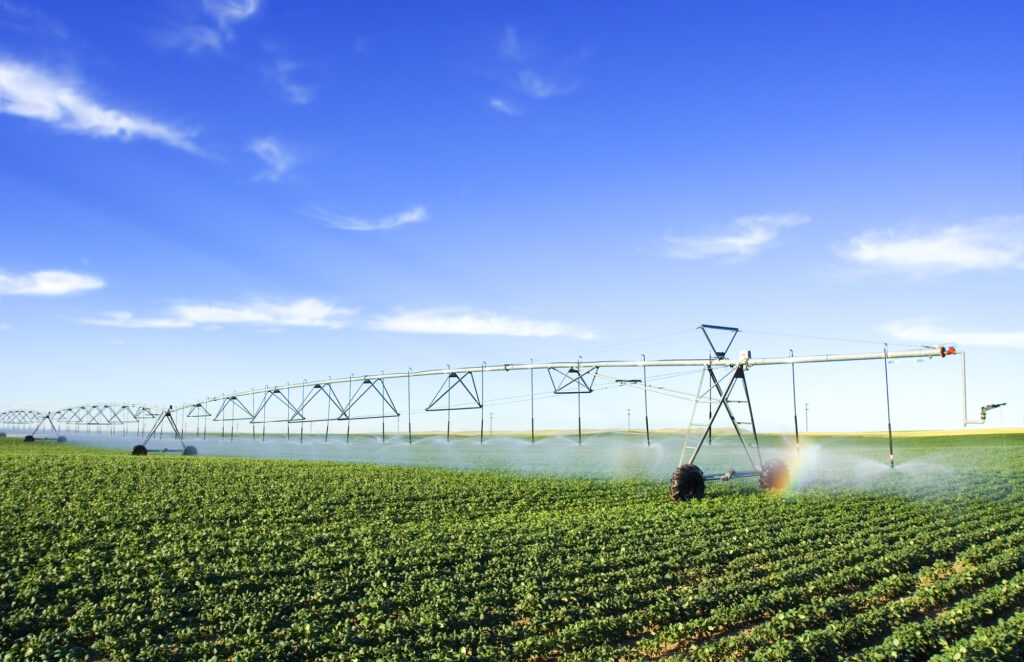The Algarve has the potential to have more surface water abstraction, but also groundwater, and a large margin to use more treated wastewater, as well as apply new irrigation technologies. This was one of the main conclusions of the XIV FENAREG Conference – Irrigation Meeting 2023, which took place in Alcantarilha, in the municipality of Silves, on the 11th and 12th of December.
«In the Algarve, there is still scope in surface water sources, groundwater, irrigation technologies and the use of treated wastewater. These are solutions that complement each other and can contribute to alleviating the serious problem of drought that affects water supply to agriculture and populations», said José Núncio, president of the National Federation of Irrigators – FENAREG.
This vision is supported by the interventions of the various experts invited to participate in the conferences.
António Carmona Rodrigues, former Minister of the Environment, specialist in hydraulics and professor at Universidade Nova de Lisboa, defended the use of surface water sources, «considering it vital for the Algarve region to implement of Ribeira Foupana projects and water collection from Pomarão to reinforce the existing storage capacity in the Odeleite/Beliche reservoirs», according to FENAREG.
José Paulo Monteiro, specialist in hydraulics and professor at the University of Algarve (UAlg), «stated that there are, in the region, aquifers with the capacity to be explored and that their artificial recharge could also be an alternative».
Manuela Moreira da Silva, biologist and also professor at UAlg, «defended the use of treated wastewater in golf course irrigation and orchards, revealing that the Algarve reuses only 3,7% of the wastewater treated in the region».
Anabela Fernandes Silva, specialist in agronomy and professor at the University of Trás-os-Montes, spoke about the adoption of deficient irrigation strategies, «which imply watering with less water in certain phases of the crops' phenological cycle».
These solutions are presented «at a time when the Algarve is seriously affected by drought», the reservoirs of hydro-agricultural developments in the region are “at historic lows and farmers may face new restrictions on access to water in the next irrigation campaign».
«At the Arade Dam, we are practically at dead volume, as of today, the water we have is only enough for one month, it is not enough to ensure the next irrigation campaign», said João Garcia, president of Aproveitamento Hidroagrícola de Silves, Lagoa and Portimão.
«To address water scarcity in the Algarve, the Regional Water Pact is being prepared, which will complement the Algarve Water Efficiency Plan and includes proposals from the agricultural, urban and tourism sectors», recalled FENAREG.
On the second day of the Days, the National Federation of Irrigators presented, to the Secretary of State for Agriculture Gonçalo Rodrigues, a proposal to review the legal regime for works on hydro-agricultural developments.
«The legal regime is many years old, we proposed to adapt it to the new realities of irrigation perimeters and we wanted to instill in the letter of the law more autonomy for irrigation associations, taking into account the enormous responsibility they have in managing more than 300 thousand hectares of irrigation in Portugal», explains Gonçalo Tristão, director of FENAREG and president of the Lucefecit Beneficiaries Association.



















Comments